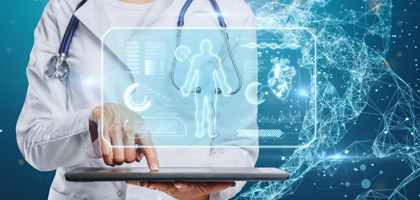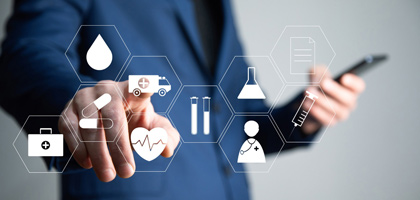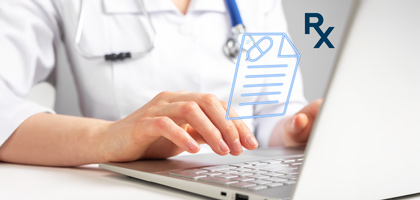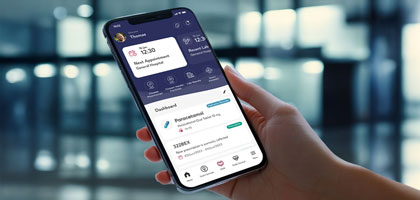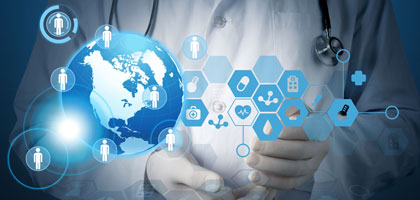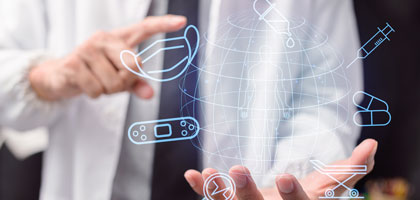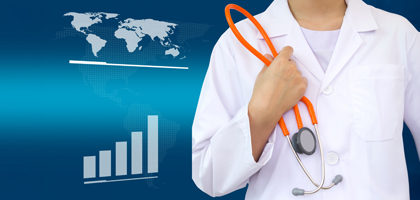
Blog
The Importance of Data Security in Healthcare
In today's digital age, the importance of data security in healthcare cannot be overstated. As healthcare organizations increasingly rely on digital technologies to enhance patient care and simplify operations, protecting sensitive patient information has become crucial. We recognize that safeguarding patient data is not just a regulatory requirement but a fundamental aspect of providing high-quality healthcare. Since our inception in 2007, we have been at the core of developing healthcare IT solutions, prioritizing patient-centricity and data security.
If you wish, we can explore the crucial aspects of data security in healthcare, the regulatory frameworks that guide us and the measures we implement to ensure the confidentiality, integrity and availability of healthcare information.

Understanding Data Security in Healthcare
Data security in healthcare refers to ensuring that patient information is collected, stored and shared to protect this sensitive data's confidentiality, integrity and availability. The healthcare IT industry handles vast amounts of personal and sensitive information, including medical histories, diagnostic information, treatment plans and personal identifiers. Safeguarding this data is vital for several reasons:
Patient Trust and Confidentiality
Patients must feel confident that their personal health information is secure and will not be disclosed without their consent. This trust is essential to the patient-healthcare professional relationship and encourages patients to be open and honest about their health conditions, leading to better diagnosis and treatment.
Quality of Care
Ensuring the privacy and security of health data enhances the overall quality of care. Accurate and secure data allows healthcare professionals to make more informed decisions, coordinate care effectively and improve patient outcomes. For example, safe access to electronic health records ensures healthcare professionals have recent information about patients’ medical histories and treatment plans.
Regulatory Compliance
Various laws and regulations, such as HIPAA in the United States, GDPR in the European Union and KVKK in Türkiye, require exacting protections for healthcare IT. These regulations ensure that healthcare organizations follow best practices in data privacy and security, reducing the risk of data breaches and ensuring compliance with legal standards.
Risk Mitigation
Data breaches can have severe consequences, including financial penalties, legal actions and reputational damage. By implementing data security and privacy measures, healthcare organizations can mitigate these risks and protect themselves from potential liabilities.
Research and Innovation
Data security and privacy are essential for research and innovation. Properly anonymized and de-identified data can be used for research purposes without compromising patient privacy. It allows researchers to gain valuable insights and advance medical knowledge while protecting individual patient identities.
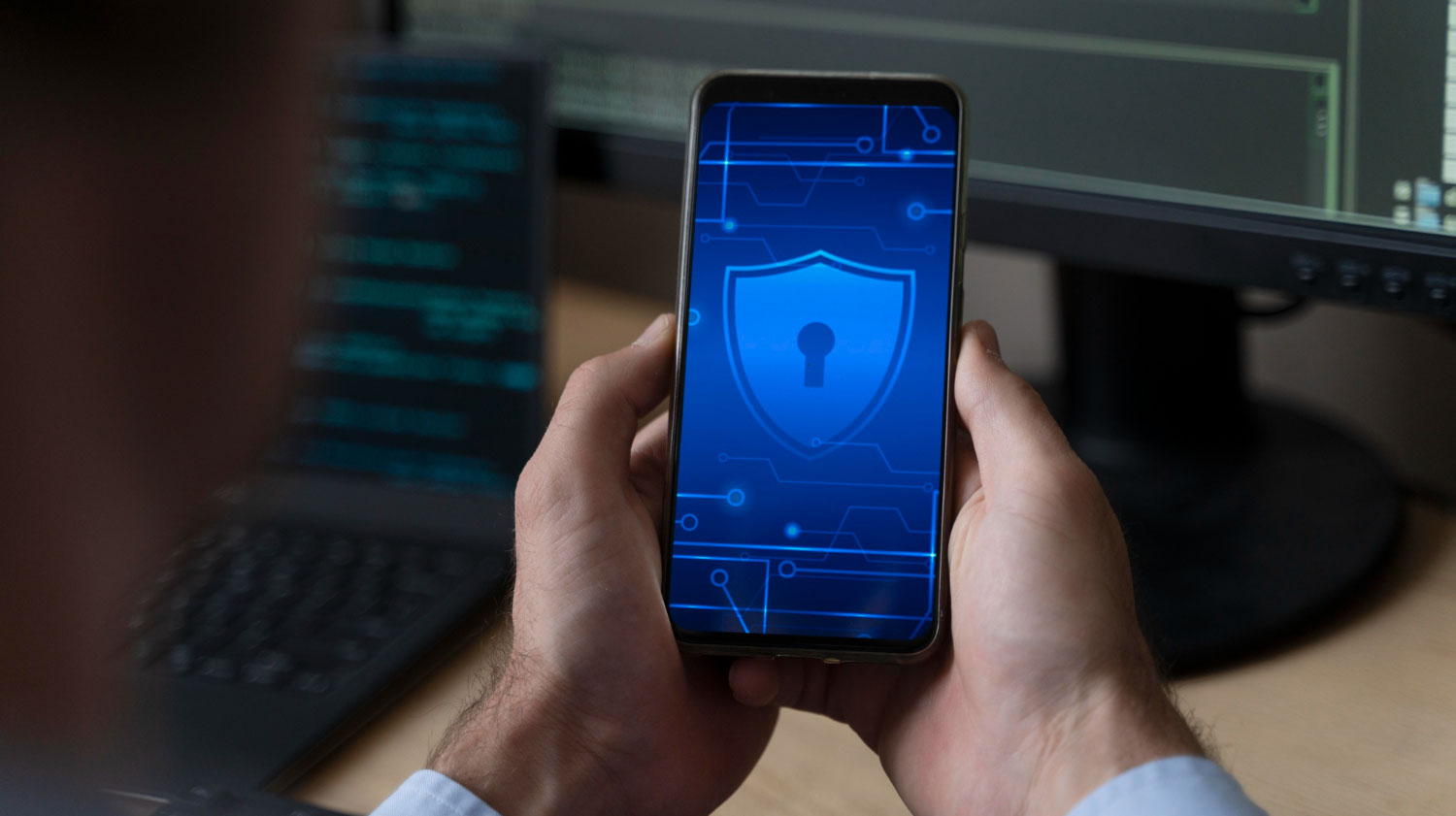
One of the cornerstones of healthcare data privacy and security in the United States is the Health Insurance Portability and Accountability Act (HIPAA). Compliance with HIPAA ensures that healthcare professionals implement defense to protect patient information from unauthorized access, breaches and other threats.
The HIPAA Privacy Rule specifically focuses on protecting the privacy of individuals' medical records. These regulations require that healthcare organizations adopt various administrative, physical and technical safeguards to ensure confidentiality, integrity and security.
The General Data Protection Regulation (GDPR) provides a vital perspective for data protection in the European Union, ensuring that personal data, including health information, is processed lawfully, fairly and transparently. The GDPR's data minimization and purpose limitation principles are particularly relevant in healthcare, where only the necessary amount of data should be collected and used strictly for its intended purpose.
Türkiye's equivalent to the GDPR, the Personal Data Protection Law (KVKK), also plays a critical role in ensuring that personal data is handled responsibly and securely within the country. Sensitive health data is also included in this scope.
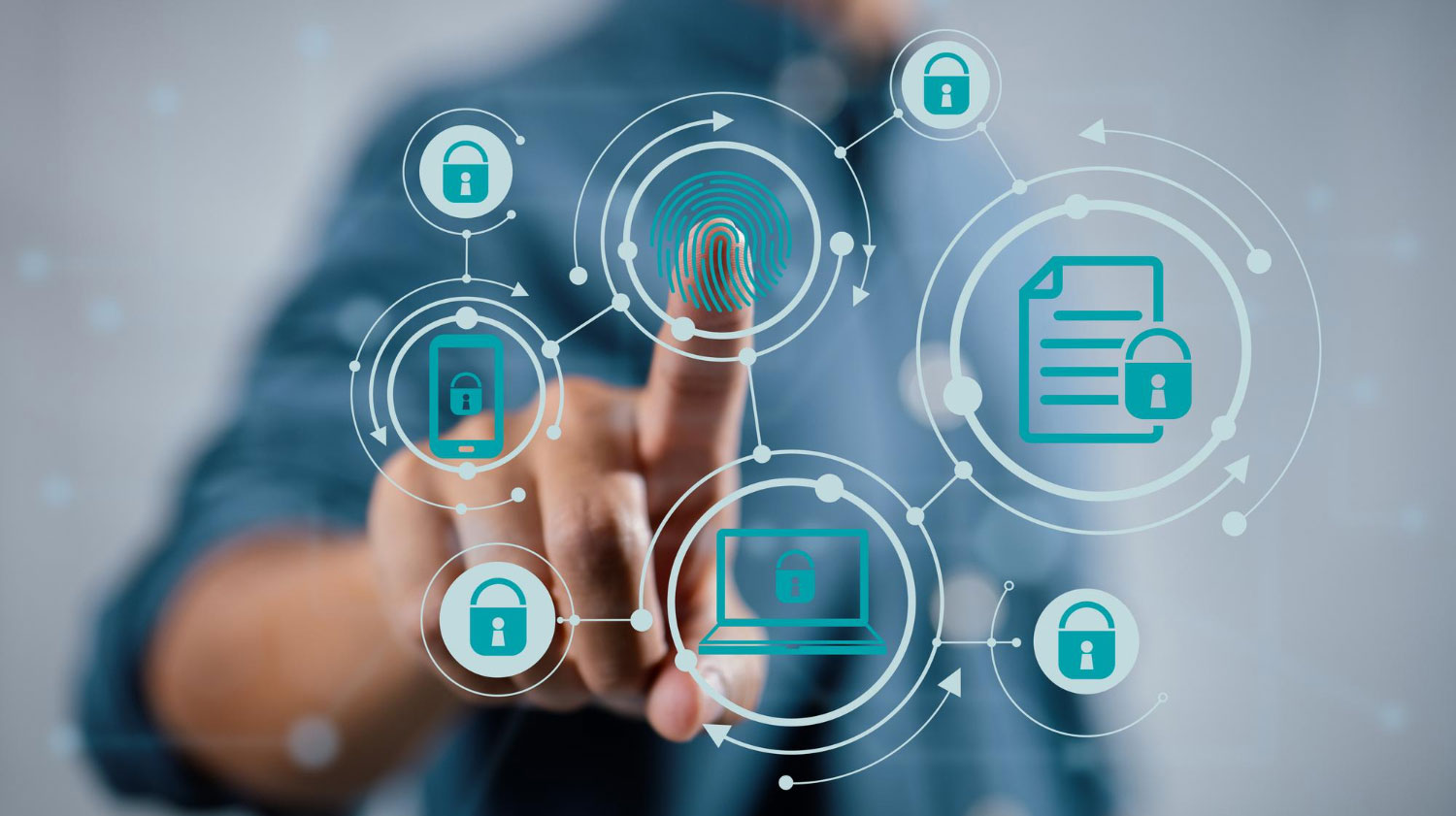
The Role of Data Security in Healthcare
Data security in healthcare is necessary for protecting patient data from breaches and ensuring the integrity of healthcare IT systems. Implementing data security standards helps prevent unauthorized access, data loss and cyber-attacks, which can have severe consequences for patient safety and privacy.
At Tiga Healthcare Technologies, we prioritize data security by adhering to international standards such as ISO 27001, which outlines requirements for establishing, implementing, maintaining and continuously improving an information security management system. It demonstrates our responsibility to protect the confidentiality, integrity and availability of our data, thereby boosting our credibility and reinforcing the trust of our customers and partners.
The Intersection of Privacy, Security and Healthcare Technology
As healthcare technology advances, the need for data privacy and security measures becomes even more indispensable. We integrate these principles into all our products to ensure patient safety, regulatory compliance and the highest quality of care. Here are some of our key products and how they exemplify the intersection of privacy, security and technology in healthcare IT:
1. DrugXafe - Pharmaceutical Track and Trace System
The Pharmaceutical Track and Trace System, branded as DrugXafe is our solution for pharmaceutical supply chain management. It ensures the authenticity and safety of drugs by enabling nationwide end-to-end tracking of pharmaceuticals. This system prevents counterfeit drugs from reaching patients and provides transparency in the supply chain. DrugXafe adheres to data security standards, ensuring that all data related to the manufacturing, distribution and dispensing of drugs is securely handled and protected from unauthorized access.
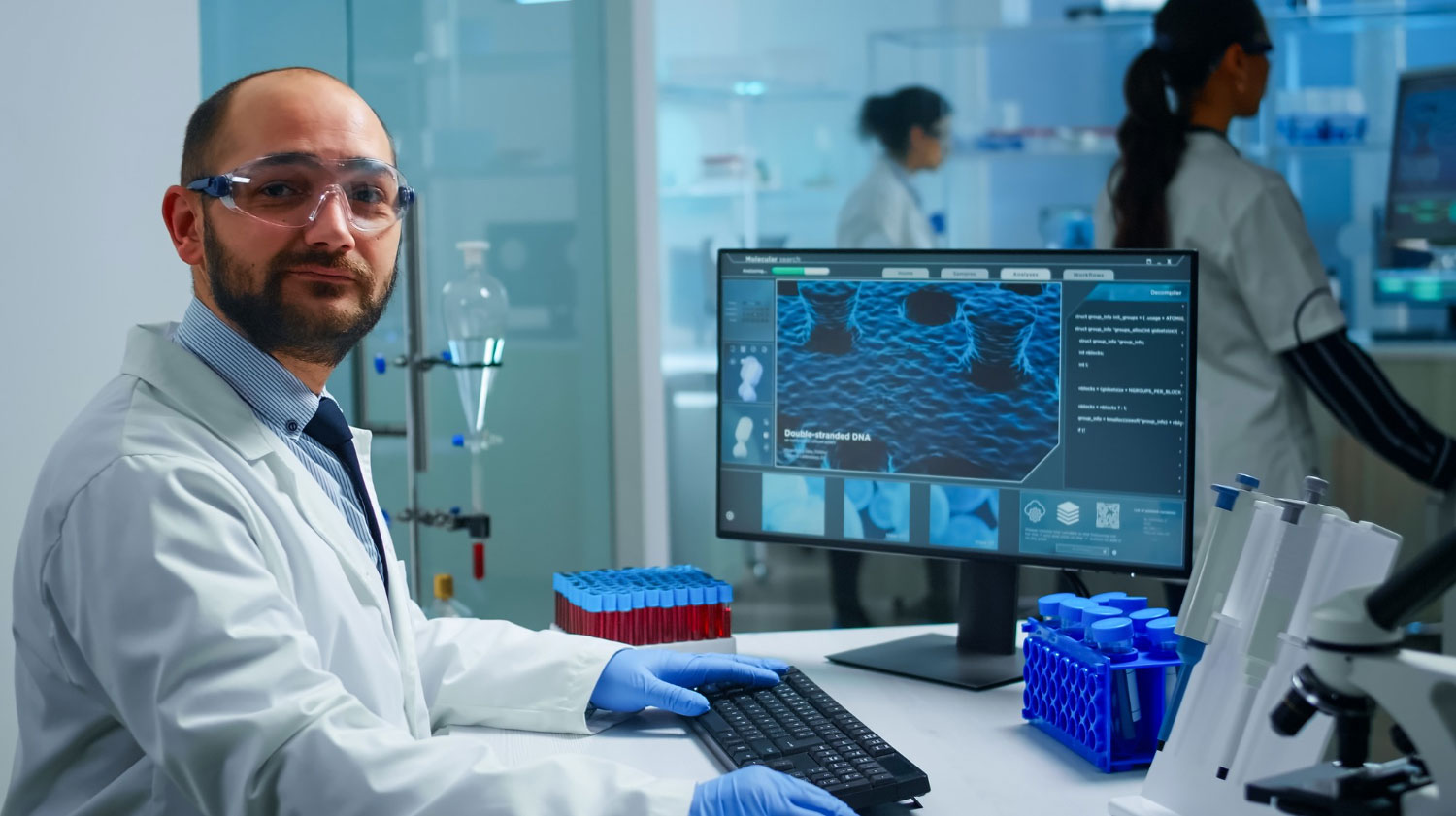
2. Central e-Prescription
Our Central e-Prescription system shapes the way prescriptions are managed. This system ensures accurate and recent drug information and clinical decision support alerts, providing healthcare professionals with advanced prescribing guidelines. It enhances patient safety, ensures efficient dispensing, performs allergy and drug-drug interaction checks and facilitates the refill process. It also prevents fake prescriptions, provides pharmacovigilance data and prevents the abuse of narcotics and psychotherapeutics. All patient and prescription data are encrypted and stored securely, ensuring compliance with HIPAA, KVKK and other relevant regulations.
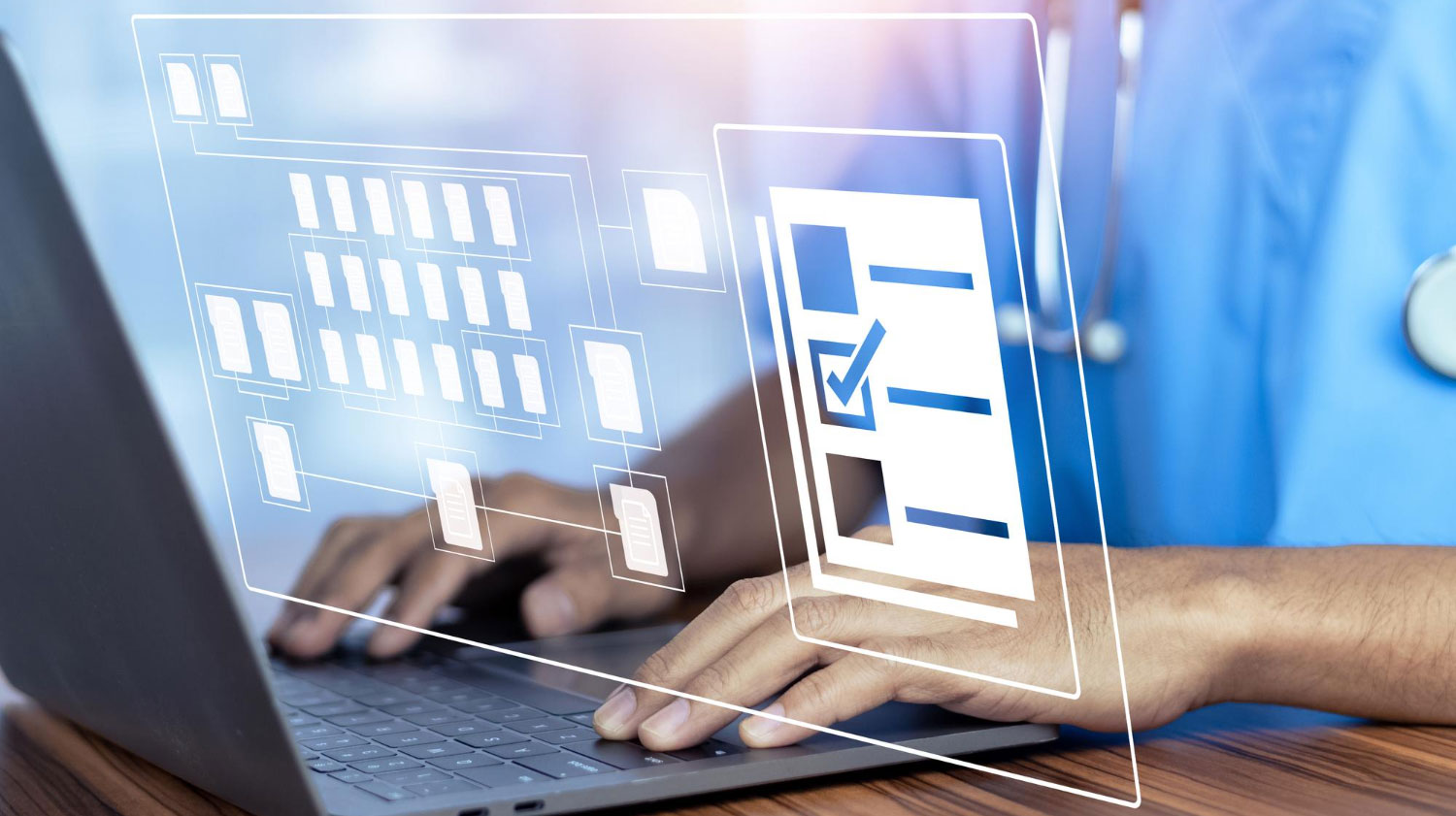
3. Personal Health Record (PHR)
Our Personal Health Record (PHR) system empowers patients by giving them secure access to their health information. Patients can view their medical histories, lab results and treatment plans, also share this information with healthcare professionals as needed. Data is shared securely, ensuring that no unauthorized person can access the information. The PHR uses advanced encryption methods to protect patient data and ensure that is only accessible to authorized users. It enhances patient engagement and helps patients take an active role in managing their health.

At Tiga Healthcare Technologies, we take immense pride in our digital health ecosystem, securely managing an impressive display of healthcare data. Our system protects over 10 billion health records and efficiently handles over 250 million daily transactions, ensuring data integrity and confidentiality at every step. Our data security is demonstrated by the seamless management of 2.2 million daily prescriptions, guaranteeing that every transaction is protected and monitored with the highest security standards.
Our products, such as the Central e-Prescription System, Pharmaceutical Track and Trace System, branded as DrugXafe and the Personal Health Record (PHR) System, collectively process vast amounts of data, including over 33 billion pharmaceuticals and 125 million patient records, ensuring they are securely stored and accessed only by authorized personnel. With 80,000+ healthcare facilities and 73 million active users relying on our technology, we prioritize data protection to maintain trust and compliance across the healthcare sector.
By using advanced encryption protocols, continuous tracking and tracing, we uphold the highest standards of data security, making sure that all transactions, records and prescriptions are handled with the utmost care. Our digital health ecosystem exemplifies our dedication to providing a safe and secure environment for managing the critical healthcare data of millions worldwide.
Additionally, our R&D team emphasizes enhancing and maintaining data security, continuously innovating to stay ahead of potential threats and ensure the highest level of protection for our users.
We develop data-driven projects in healthcare by using technology that complies with these regulations. For a couple of our projects, such as AISym4Med and Autononym, where we are dealing with sensitive data, we are engaged to the highest data protection and privacy standards while ensuring the confidentiality and security of data in collecting, storing, transferring and processing phases.
AISym4Med
AISym4Med stands as the potential of artificial intelligence in healthcare, led by the Fraunhofer Institute and backed by the European Union’s promise to innovation and excellence. This project aims to harness the power of AI to transform medical diagnostics and patient care, ensuring data integrity and security at every step.
Autononym
Autononym, an automatic AI-driven tool, shapes data confidentiality by anonymizing personal information across various data types; visual, tabular or raw text. It ensures that personal data is protected while maintaining its usability for analysis and research purposes.
For further information:
Building Trust through Data Protection
Ensuring the privacy and security of patient data is fundamental to building trust in healthcare. Patients need to feel confident that their personal information is safe and that their privacy is respected. By implementing data protection measures and complying with relevant regulations, healthcare providers can encourage trust and improve patient engagement. That is why we are advancing healthcare through secure and innovative technology solutions. This capability ensures that we continue to lead the way in transforming healthcare, providing patients and healthcare professionals with the tools they need to achieve better health outcomes.
By prioritizing data privacy and security, we can build a healthcare system that is more efficient and effective and more trusted and respected by those it serves. Let's shape the future together, with data privacy and security at the heart of our mission!

